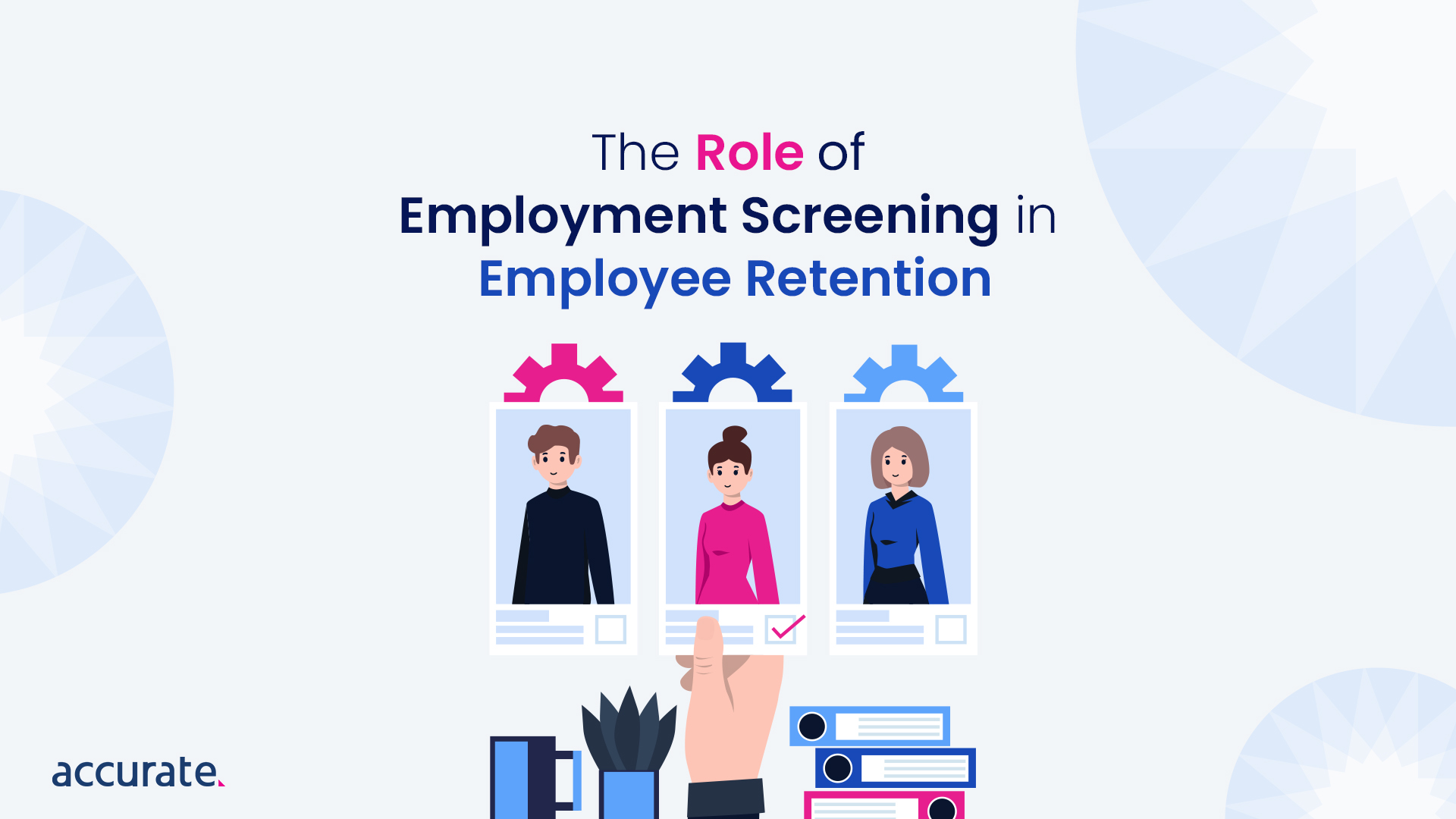On the Record: Guidelines for the prevention of discrimination in employment on the basis of criminal record.
Criminal history checks are commonplace in Australia when it comes to pre-employment screening requirements. They are critical to the hiring decisions, especially when mandated by legislation. Employers have a right to protect their workforce and clients. However, it is also in the employers’ interest to treat job applicants and employees fairly and in accordance with their legal obligations, including anti-discrimination laws when making those decisions. Australians with a criminal record do have a harder time to find a job and often face discrimination in the recruitment process or in the workplace on the basis of criminal record.
According to the Australian Human Rights Commission (AHRC) website, they have received significant number of complaints from people alleging discrimination in employment due to criminal record. Between July 2010 – June 2011, 23% of all complaints received by the Commission were on the basis of criminal record discrimination.
Who is the Australian Human Rights Commission and why were they established?
The Australian Human Rights Commission is an independent statutory Organisation, established by an act of Federal Parliament. The AHRC protect and promote human rights in Australia and internationally.
The Commission investigates discrimination and human rights complaints, as well as advocating to government and others for human rights to be considered in laws and policy making. One of their key functions is to also promote and raise awareness of human rights in Australia through education and training, including through resources such as the publication of On the Record: Guidelines for the prevention of discrimination in employment on the basis of criminal record, Australian Human Rights Commission in 2005. The Guidelines were revised in March, 2012.
What is discrimination on the basis of criminal record and how will the Guidelines help my organisation?
Criminal record discrimination is when someone (candidate, prospective employee, current employee) is not afforded the same equality of opportunity in employment due to their criminal record. This may include refusal of a job, termination from employment, denied training opportunities, subjected to less favourable working conditions or terms of employment, or even harassment in the workplace on the basis of their criminal record.
Discrimination in employment is prohibited by the International Labour Organisation Convention 111 (ILO 111). ILO 111 is scheduled to the Australian Human Rights Commission Act.
Although criminal record discrimination is not unlawful under federal law. The Guidelines set out the basis for best practise workplace policy on employing people with a criminal record. It outlines when you should ask and rely on them, i.e. if it is an inherent requirement of the role, and relevant to protecting the nature of the business or any associated clients and employees. The Guidelines also outline employers’ obligations to treat job applicants and employees fairly, including ensuring that there is appropriate notice provided and processes in place to govern how this type of information is managed.
The Guidelines are a great tool to help you understand what your legal obligations are, what occupation and industries require employers to check criminal records and how to determine if your organisation has a inherent requirement to complete these checks.
For more information, click here for the direct link to the On the Record: Guidelines for the prevention of discrimination in employment on the basis of criminal record.
Want to learn more about Australian Criminal History Checks? Read more here.



